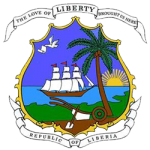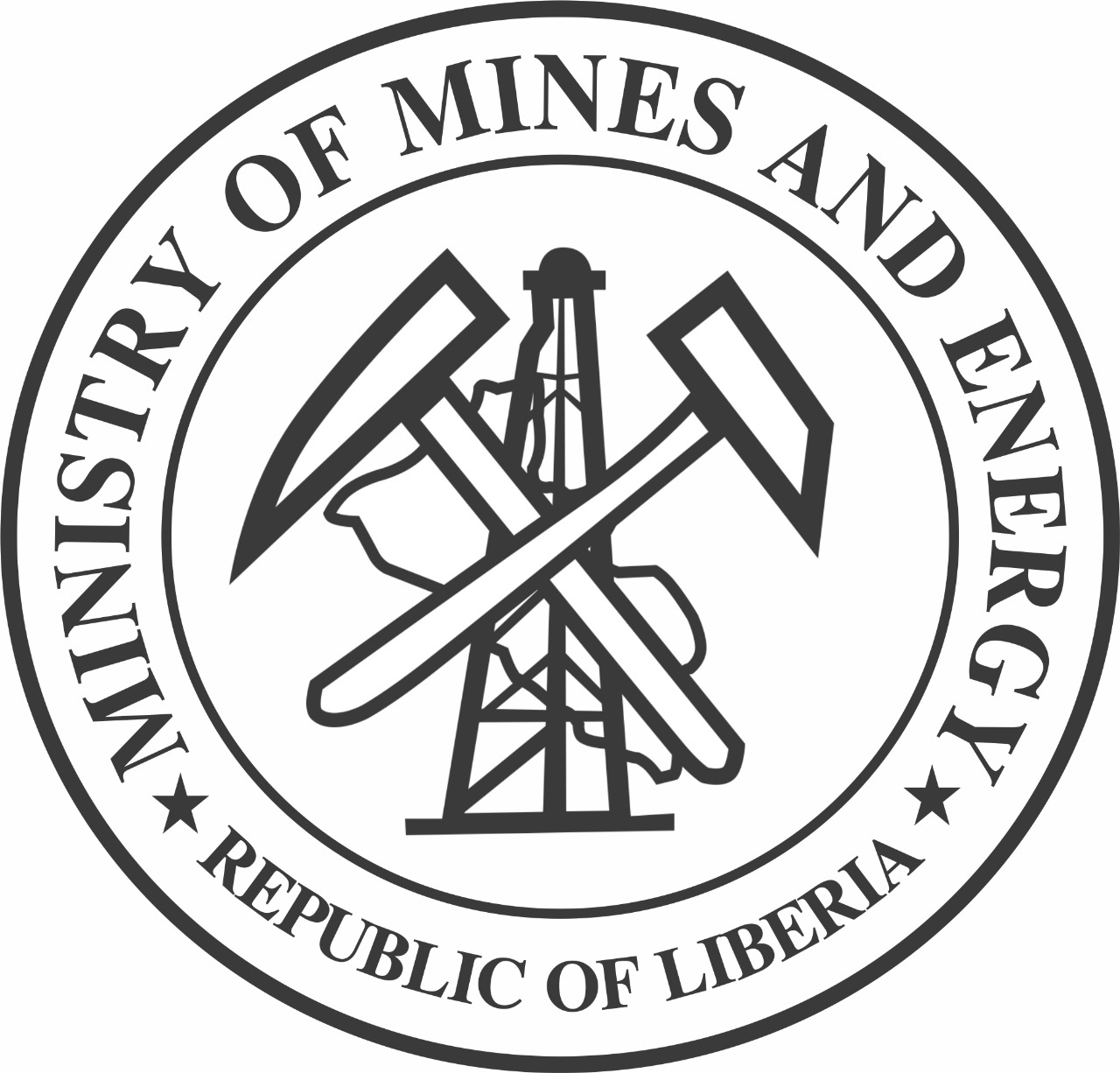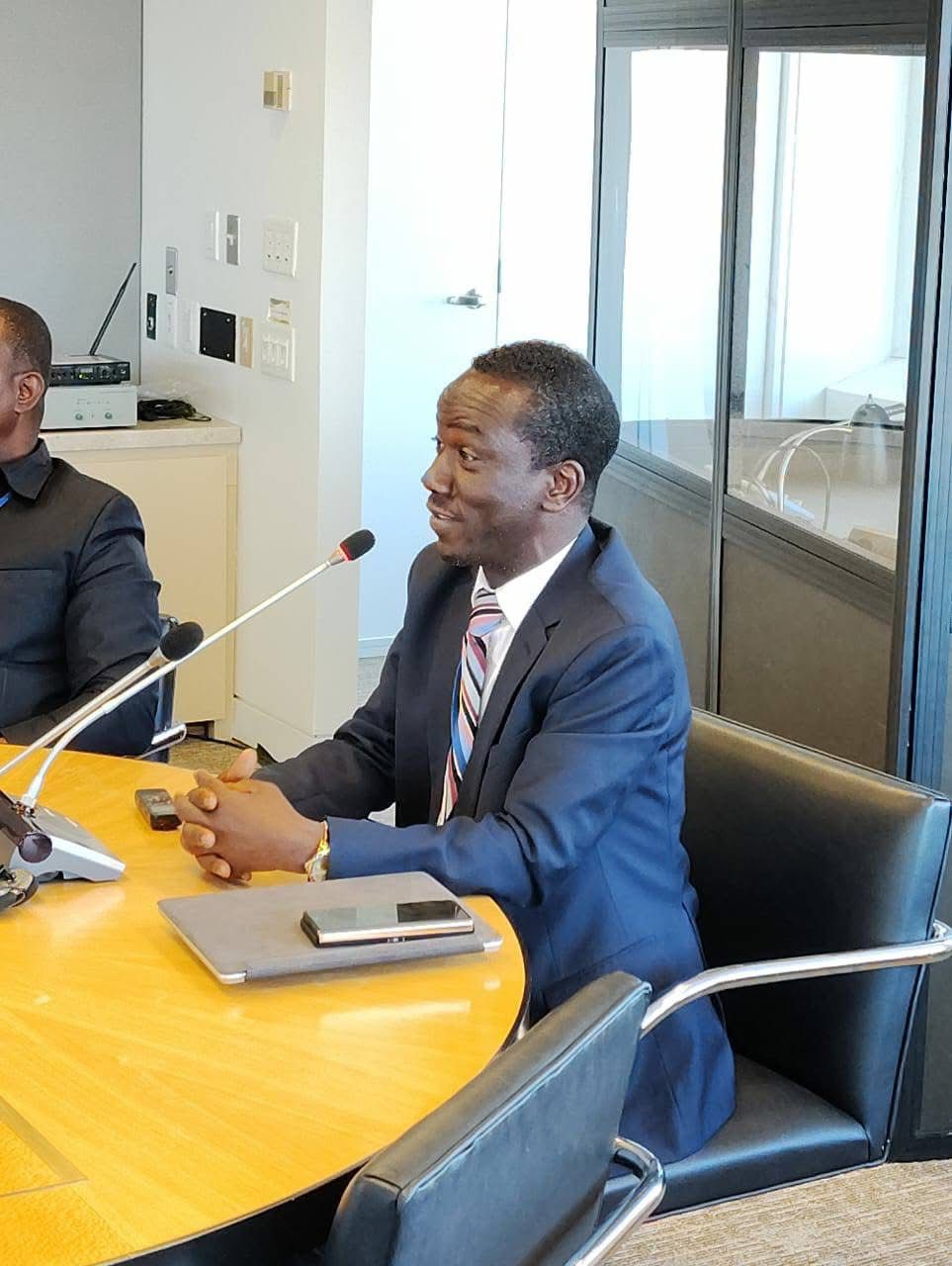




1. What is your strategic vision for Liberia’s mining and energy sectors, and how are you working to ensure these industries become engines of sustainable national development?
Under President Boakai, the Ministry of Mines and Energy play a vital role in driving growth through two key sectors: mining and energy. No economy can thrive without affordable, sustainable and environmentally safe energy. In Liberia, the mining industry heavily depends on energy, yet most concessionaires currently generate their own power, which weakens our negotiating position and limits national benefits. That is why our administration prioritizes expanding domestic power generation under the ARREST Agenda for Inclusive Development. We are reforming the Liberia Electricity Corporation by breaking its monopoly over generation, transmission, and distribution. This will open the sector to private operators and independent power producers, making it more attractive for investment. We recently launched a National Energy Compact, valued at over $1 billion, which identifies energy as a key driver of economic growth. With support from the World Bank and other partners, and with proposals from independent power producers under review, we are pushing forward. Our vision is clear: by 2029, at least 75% of Liberians should have universal access to energy. The mining sector is currently Liberia’s largest revenue earner and main source of foreign exchange. Traditionally, the focus has been on iron ore, gold and diamonds.
However, thanks to the U.S. Geological Survey (USGS), which mapped our mineral potential over 50 years ago, we know there are many more resources. With improved technology, we are now in discussions with USGS to update those studies and provide a clearer picture of our mineral wealth. Under President Boakai’s ARREST Agenda, comprehensive geological mapping is a top priority. Without accurate data, we cannot properly manage or market our resources. If the government leads this process, investors will have reliable information upfront, reducing negotiation time and making projects bankable more quickly. This is crucial for a country where over 60% of the population is young. By accelerating resource development, we can create jobs, attract investment and generate the revenue needed for education, agriculture and infrastructure. Beyond iron ore, gold and diamonds, Liberia has significant potential in rare earth and energy transition minerals. A limited study was done last year with Chinese support, but we are now engaging the U.S. Geological Survey and partners to complete a full national assessment by 2029–2030. This will give government accurate data, reduce reliance on investor declarations and strengthen our policy decisions. We are also reviewing existing concessions, many of which were poorly negotiated and did not adequately consider national or community interests. Our vision for mining rests on a “triangle”: investors, host communities and government. All three must benefit—investment must succeed, communities must gain, and government must earn the revenue needed for education, agriculture, roads and health. With improved infrastructure and better regulation, we are opening the country for responsible and balanced mining growth. We are working with the Central Bank, the Ministry of Finance and other agencies to review Liberia’s gold trade.
Currently, one Turkish company produces $20–30 million worth of gold weekly—over $1 billion annually—while our national budget is less than that. Clearly, something is wrong with the way past agreements were structured. This government is reviewing all concessions to ensure investments succeed, but not at the expense of the country. Liberia must receive its fair share so communities and citizens benefit from our natural resources. Liberia is one of the most stable and peaceful countries in the region, with regular elections, a hospitable population and no xenophobia. Investors can easily repatriate profits, which gives us a strong advantage despite our proximity to the Sahel. Liberia has a history of U.S. investment, from LAMCO and Swedish Minerals to Firestone, now Bridgestone. Today, we are building on that legacy—most recently through an agreement with Ivanhoe to ship iron ore from Guinea via our ports. Under President Boakai’s vision, Liberia’s rail infrastructure will be open to multiple users, not just one company. This makes our coastal access highly attractive, offering far shorter and more cost-effective routes than alternatives through neighboring countries. Liberia offers opportunities beyond minerals, including agriculture and regional trade. With 350 miles of coastline—the longest in the region—we can serve as a gateway for landlocked Sahel countries. The proposed Liberty Corridor, similar to Angola’s Lobito Corridor, would connect Guinea and other neighbors to the sea, creating major economic impact. For U.S. investors, Liberia is uniquely attractive: stable, peaceful and historically tied to America. Our societies remain closely connected, and with no conflict risks, Liberia offers a safer, easier entry point into West Africa’s critical minerals and trade opportunities.
2. Considering Liberia’s historical ties with the United States, how can U.S. investors, development agencies, and members of the diaspora contribute meaningfully to Liberia’s energy and mining future?
The upcoming diaspora conference in the U.S., where President Boakai will speak, highlights an underutilized resource: our diaspora. For too long, they have been seen mainly as sources of remittances, but they are far more—skilled professionals, entrepreneurs and investors with expertise in fields like oil, gas and technology. With over half a million Liberians in the U.S., and growing communities in Canada, Europe and Australia, this is a huge human asset. Our message is clear: Liberia needs its own people to help build the nation. The government’s role is to create the right environment—transparent governance, stronger institutions and investment opportunities—that will give them the confidence to return and invest meaningfully in their country. Liberia is not just open for investment—it is the destination. We offer political stability, strong leadership commitment, no xenophobia and a welcoming social environment. Our government is improving laws, strengthening accountability and protecting investors. Opportunities are vast: in mining, over 90% of our mineral potential remains untapped, with recent gold and iron ore discoveries near Monrovia and along the coast. In energy, our hydro, solar and water resources are immense, and our green environment makes Liberia a natural hub for renewable energy. Agriculture and value-chain development also hold great promise. For American investors especially, Liberia offers not only opportunity but also deep historical and cultural ties that make this the easiest and most natural place to do business in West Africa.
3. Do you have any additional comments?
The Putu iron ore project in southeastern Liberia holds one of the largest high-grade deposits in the region, with over 50% hard ore content. It was acquired by the Russian company, Severstal, in 2014 but later stalled due to financial issues, and sanctions have since complicated matters. The government’s position is clear: Liberia needs this asset back. Discussions are ongoing, and once resolved, Putu will become a major investment opportunity. President Boakai has prioritized unlocking this project, and we hope to remove hurdles by year-end so development can begin next year. We are also engaging with U.S. partners, as American interest and support could accelerate the process and bring this strategic resource into production.